Developer Offer
Try ImaginePro API with 50 Free Credits
Build and ship AI-powered visuals with Midjourney, Flux, and more — free credits refresh every month.
How Mayo Clinic Is Pioneering AI In Medicine
With nearly 100 AI algorithms already in clinical use and hundreds more in development, the Mayo Clinic is positioning itself as a leader in the artificial intelligence revolution sweeping through medicine. Experts suggest that the Rochester-based institution likely possesses the most extensive collection of AI tools of any healthcare organization globally.

A Glimpse into the Future of Diagnosis
In the neurology department, the future is already here. Dr. Nathan Young and Dr. David Jones, director of Mayo’s neurology AI program, demonstrate the power of StateViewer, a novel AI tool. By comparing a new patient's brain scan against a vast repository of past cases, StateViewer can identify patterns indicative of disorders like dementia. This process, which once relied solely on manual comparison, is now twice as fast and potentially three times more accurate, according to Mayo officials.
This aggressive push into AI is seen as crucial for maintaining Mayo Clinic's historical dominance, which was built on innovations in patient care, research, and standardized record-keeping. The clinic is not just participating in the AI gold rush; it aims to lead it.
To fuel this ambition, Mayo has made significant investments, including launching health care’s first supercomputing cluster with Nvidia's latest technology and hiring Micky Tripathi, a former Biden administration official, as its chief AI implementation officer. “We have always prided ourselves on being the No. 1 organization,” Tripathi stated. “That’s what we want to be.”
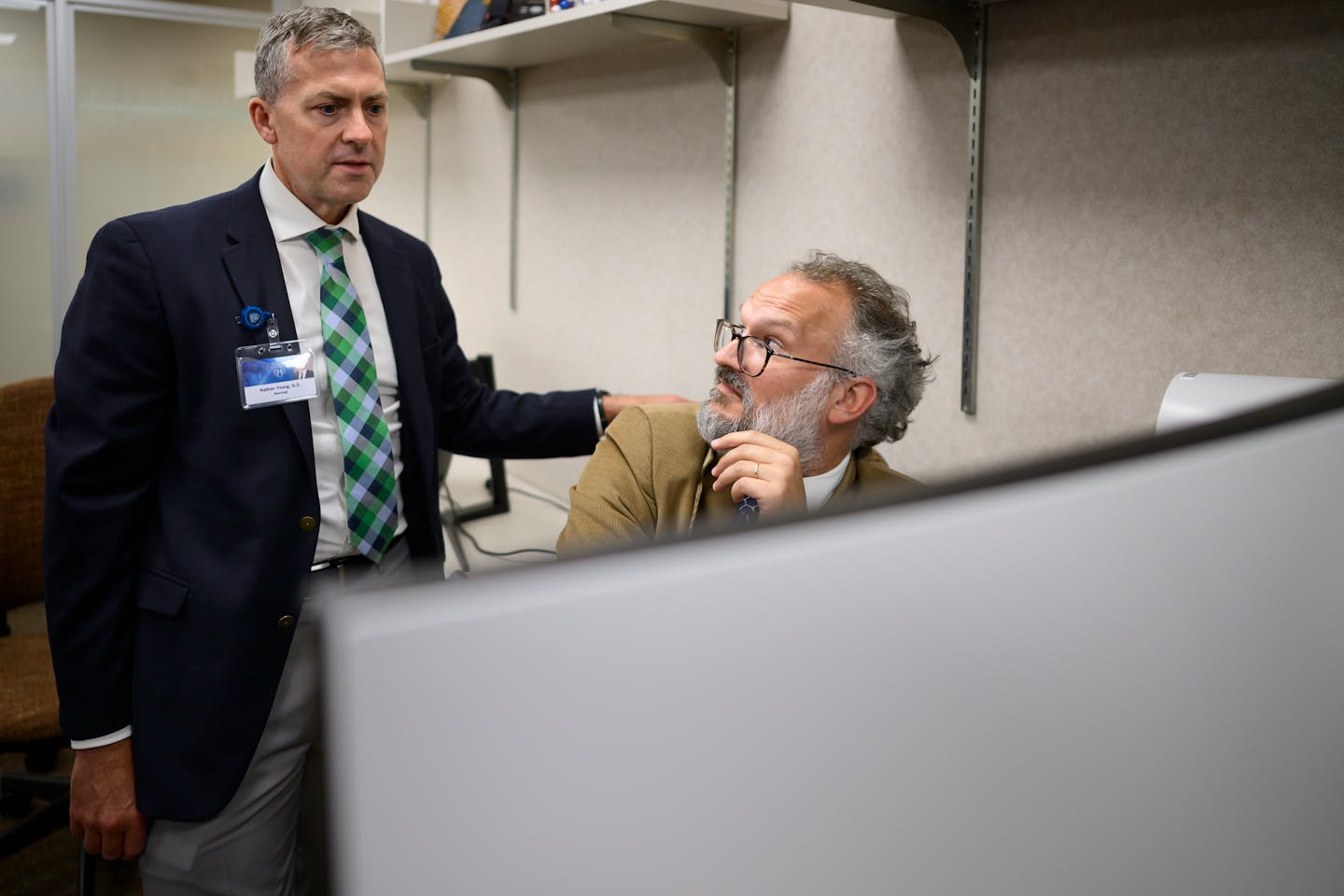
Navigating the New Frontier of AI Ethics
The rapid adoption of AI raises critical questions about patient privacy, medical errors, algorithmic bias, and maintaining physician oversight. Tripathi, who helped draft the nation's first healthcare AI regulations, is now tasked with navigating these complexities from within the institution. “There are always fears that we all ought to have, with respect to the unintended consequences of technology that isn’t appropriately managed,” Tripathi acknowledged, emphasizing the clinic's focus on responsible implementation.
Building on a Century of Data Innovation
Mayo's AI prowess is built on a foundation of data that dates back to the early 1900s when it pioneered the first patient-centered health record. This commitment to standardized data evolved into the 2018 adoption of a unified digital system with Epic's MyChart. A year later, the Mayo Clinic Platform was launched, enabling the sharing of anonymized data from over 50 million patients for research.
This massive data repository powers tools like RecordTime, a generative AI program that processes text from PDFs and even handwritten notes to quickly summarize a patient’s external medical records. Tripathi believes this tool has likely saved lives by unearthing critical information, like allergies, that might otherwise be missed.
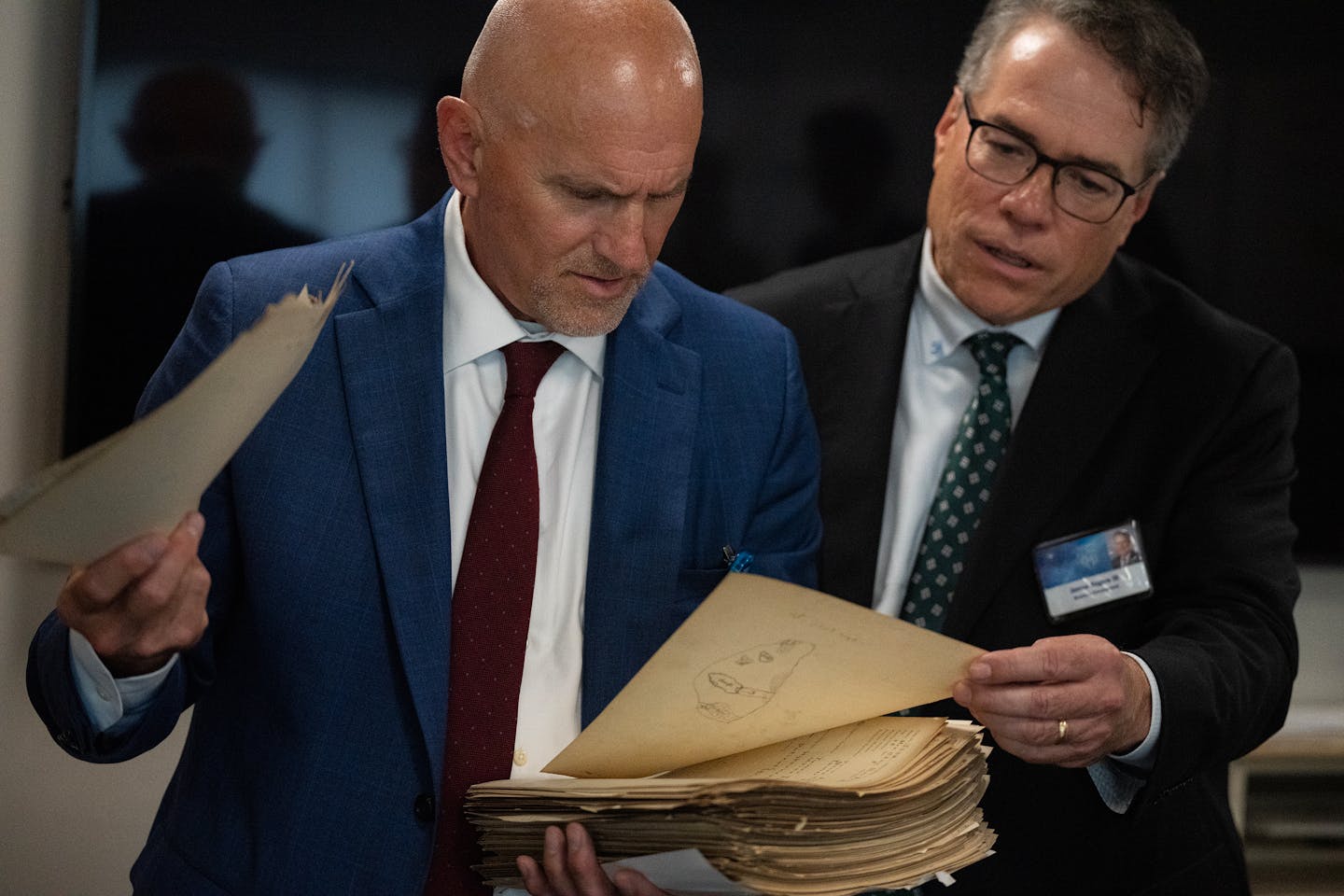
Tripathi stresses the importance of getting these tools into the hands of clinicians. “If you’re not getting it in the hands of the clinicians who are working directly with patients, it doesn’t matter,” he said.
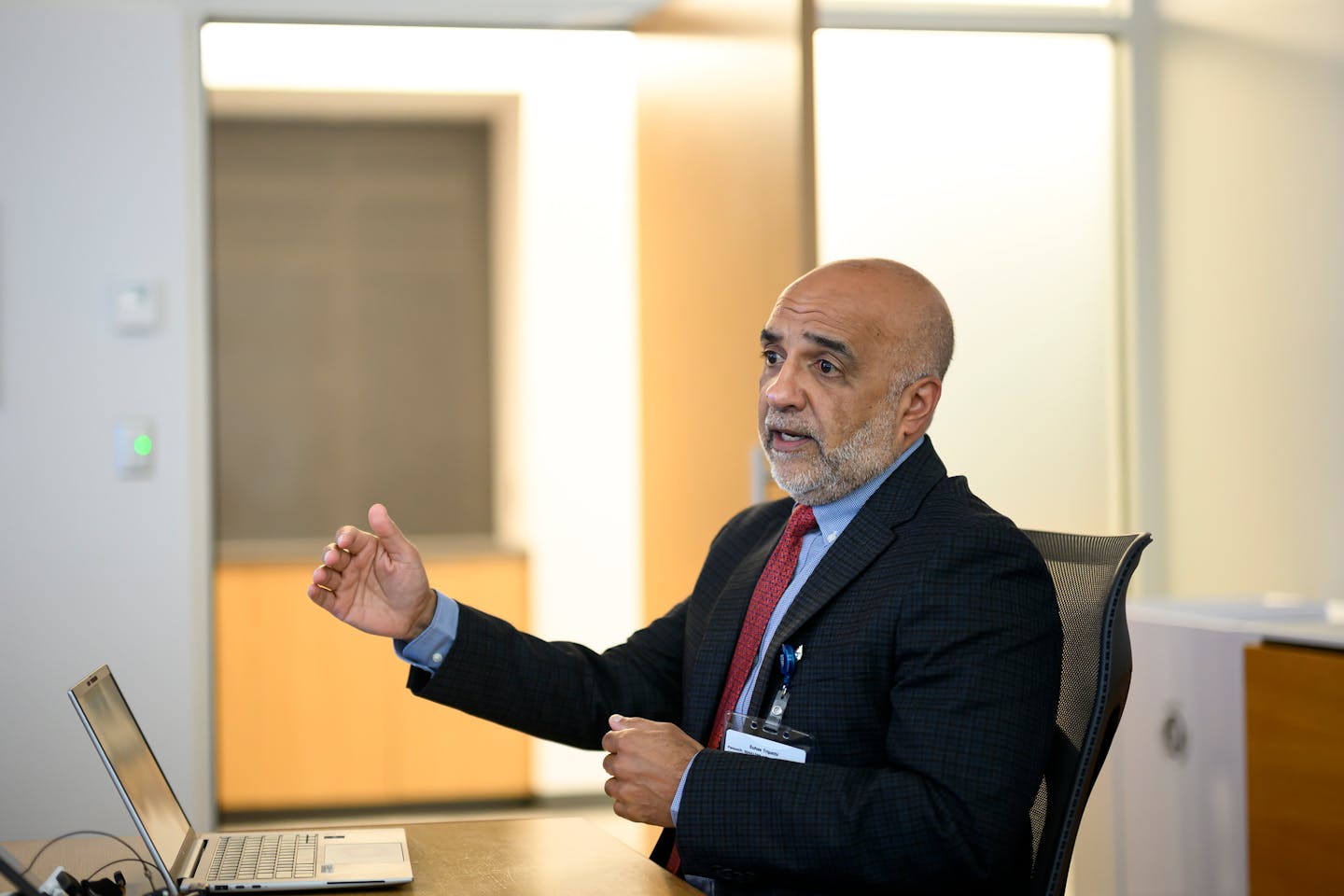
AI in Action: Revolutionizing Patient Care
Across different departments, AI is granting doctors new “superpowers.”
In cardiology, an AI model trained on over 7 million electrocardiograms (ECGs) can detect a weak heart with what Dr. Paul Friedman, chair of cardiovascular medicine, calls “insanely powerful” accuracy. This AI-powered tool, which received FDA clearance for commercial use, analyzes the entire electrical signal waveform, potentially identifying markers that are invisible to the human eye.
In pathology, the clinic has digitized over 12 million glass slides, creating a massive training ground for AI models to learn nuanced patterns of disease progression.
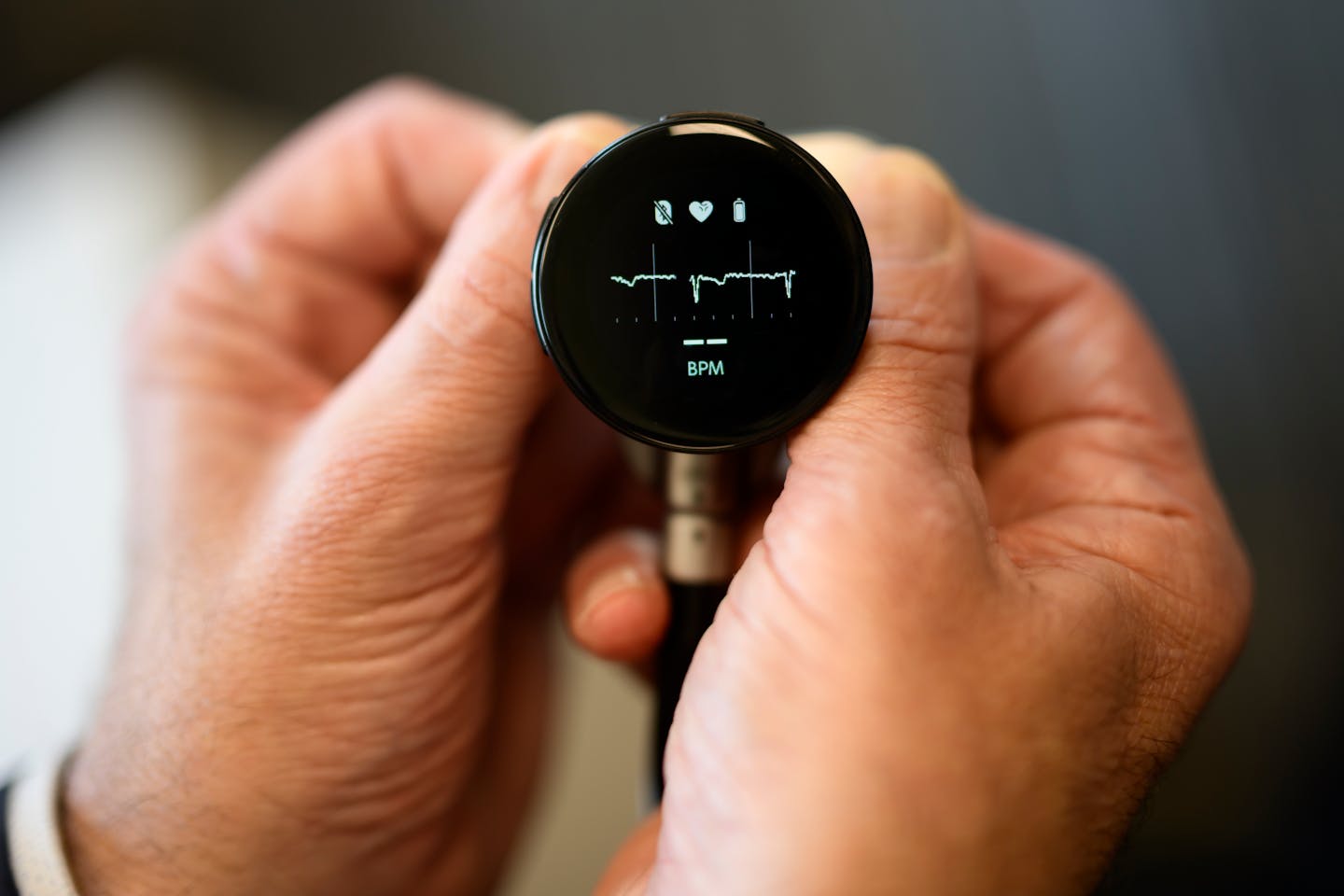
Back in neurology, the StateViewer tool, developed over six years, is proving its worth. A recent study found it helped identify a patient’s specific type of dementia correctly in 88% of cases. However, Dr. Jones is firm that AI is an assistive tool, not a replacement for medical expertise. “No one single piece of information provides you enough information to make a diagnosis. Ever,” he stated. “AI will never be able to do that.”
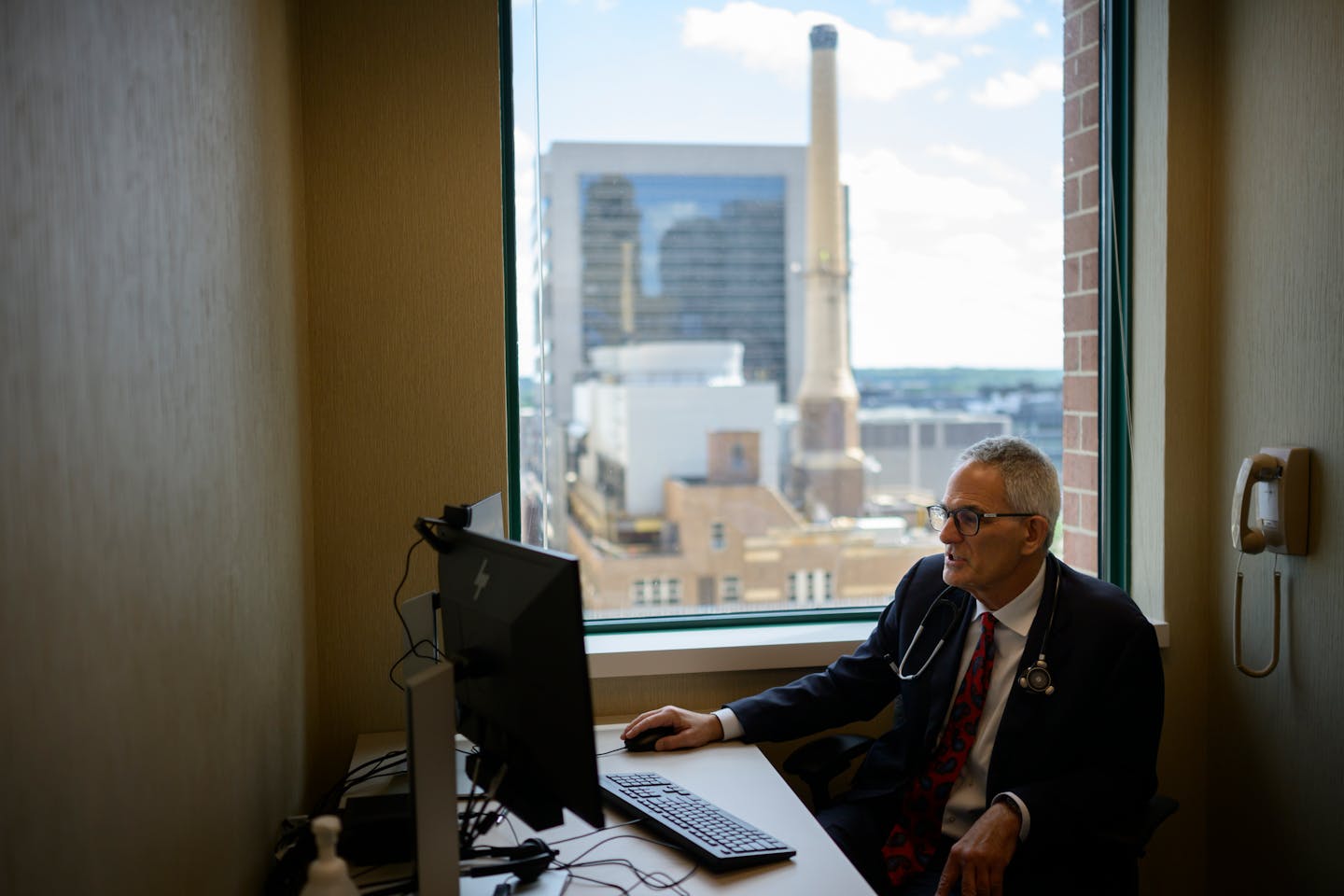
The Human Element: Balancing Risk and Reward
While some physicians remain skeptical and call for more transparency, others are embracing the technology. Dr. Peter Noseworthy, a cardiac electrophysiologist, admitted that AI initially “felt like a magic trick,” but now sees its value in reducing administrative burdens.
The consensus at Mayo is that AI will not eliminate jobs but rather augment human expertise, making specialists more efficient. With a shortage of doctors in fields like neurology, Dr. Jones believes these tools are essential. “We need to have tools like this,” he said, “which can scale expertise.”

Compare Plans & Pricing
Find the plan that matches your workload and unlock full access to ImaginePro.
| Plan | Price | Highlights |
|---|---|---|
| Standard | $8 / month |
|
| Premium | $20 / month |
|
Need custom terms? Talk to us to tailor credits, rate limits, or deployment options.
View All Pricing Details

